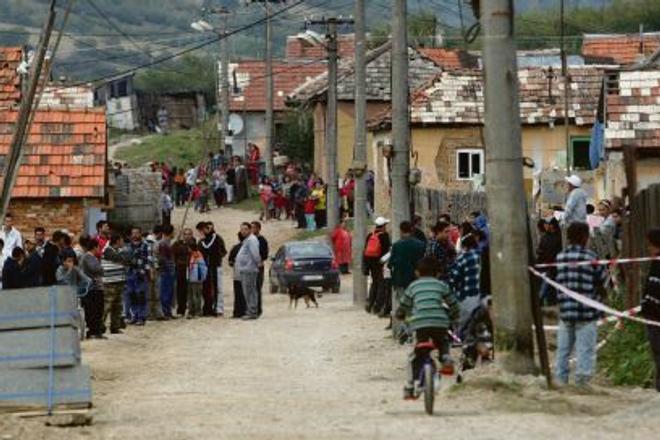The best marks went to the Financial Policy Institute (IFP), which operates under the Finance Ministry, for its initiative to monitor job discrimination against Roma (average mark 1.50) and for the initial results of the pilot project of settling the ownership of land under the dwellings in Roma settlements (average mark 2.50).
On the other hand, the experts were most critical of the police raid in Vrbnica, Košice Region (average mark 4.86) and public performances of governmental representatives concerning Roma (average mark 4.59), the TASR newswire reported.
The Milan Šimečka Foundation (NMŠ), a non-governmental organisation, monitored and assessed the events and measures the government has adopted concerning the Roma community for the third time since the cabinet was appointed. The latest survey was attended by 28 experts, who graded 10 specific measures passed between July 2014 and June 2015.
“The experts, the public functionaries, and Roma and pro-Roma activists graded the government with the average mark of 3.53, which is 3- in school terminology,” NMŠ wrote in a statement, as quoted by TASR.
The mark is very similar to the previous two years: while in 2013 it was 3.62, one year later it was 3.54. The experts see only minimal progress in solving Roma problems, NMŠ added.
Except for monitoring what has been done regarding the Roma policies, NMŠ also tries to create a platform for public discussion and promote the whole spectrum of opinions in order to solve problems, Michal Valach of NMŠ said, as reported by TASR.
The survey was attended by Ombudswoman Jana Dubovcová, Daniel Stano of the Open Society Foundation and Rudolf Chmel, chair of the parliamentary committee for human rights and national minorities, among others.



 Illustrative stock photo (source: SME)
Illustrative stock photo (source: SME)